Description
The Banquet of Ahasuerus by Aert de Gelder printed on a T-Shirt
About the T-Shirt
Regular fit
Standard length, the fabric easily gives into movement
Casual wear
A classic, everyday option loved by our customers
Side-seamed
Constructed by sewing two parts together, creating a fitted look
The Unisex Staple T-Shirt feels soft and light with just the right amount of stretch. It’s comfortable and flattering for all. We can’t compliment this shirt enough–it’s one of our crowd favorites, and it’s sure to be your next favorite too!
- Solid colors are 100% Airlume combed and ring-spun cotton
- Ash color is 99% combed and ring-spun cotton, 1% polyester
- Heather colors are 52% combed and ring-spun cotton, 48% polyester
- Athletic and Black Heather are 90% combed and ring-spun cotton, 10% polyester
- Heather Prism colors are 99% combed and ring-spun cotton, 1% polyester
- Fabric weight: 4.2 oz./yd.² (142 g/m²)
- Pre-shrunk fabric
- 30 singles
- Side-seamed construction
- Tear-away label
- Shoulder-to-shoulder taping
- Blank product sourced from Nicaragua, Mexico, Honduras, or the US
Aert de Gelder (1645 – 1727)
Aert de Gelder was a Dutch painter.
De Gelder was born and died in Dordrecht. He was one of Rembrandt’s last pupils while in Amsterdam, studying in his studio from 1661 to 1663. He was not only one of the most talented of Rembrandt’s pupils, but also one of his most devoted followers, for he was the only Dutch artist to paint in the tradition of Rembrandt’s late style into the 18th century. Following Rembrandts lead, De Gelder would paint such artworks as “The Baptism of Christ” and “Ahimelech Giving the Sword of Goliath to David”. Story telling, transparent emotionalism, and an emphasis on the humanity of biblical characters are the distinguishing elements of this style. This contrasted with the courtly and distant emotions and imagery of other artists, even in the Renaissance period.
As author of biblical scenes and portraits of his style was inspired by Rembrandt’s, using his artistic ideas, well into the eighteenth century, without being influenced by contemporary new fashions. From the artistic point of view his work can not be considered as passive imitation of the master, indeed it stands for inventiveness in the narrative, taste for the theatrical and a strong emotional charge of the characters. All these traits made him one of the most important interpreters of Dutch painting of the late seventeenth century.

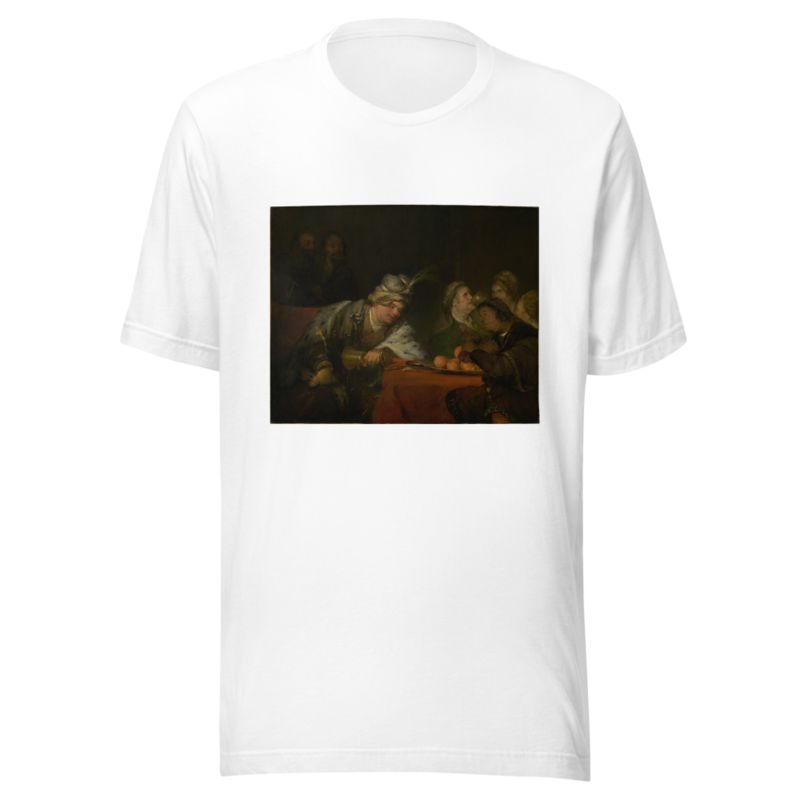
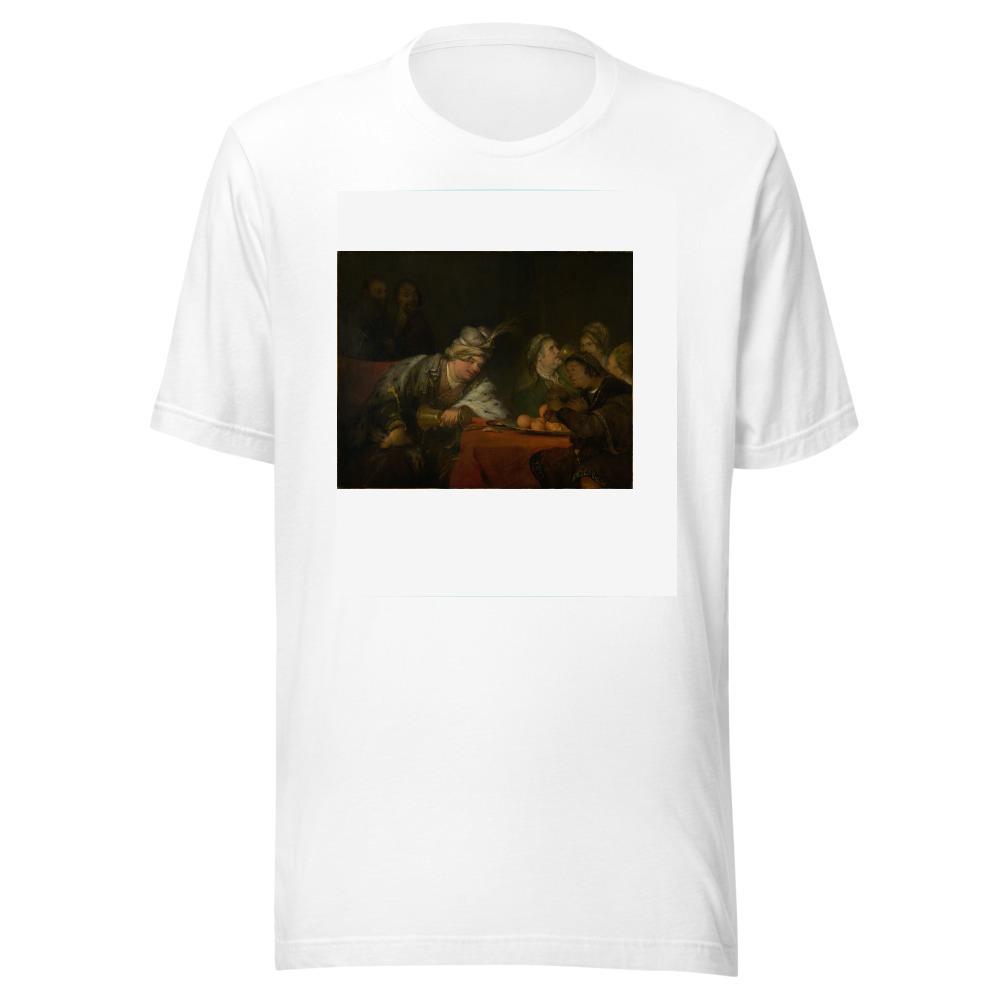
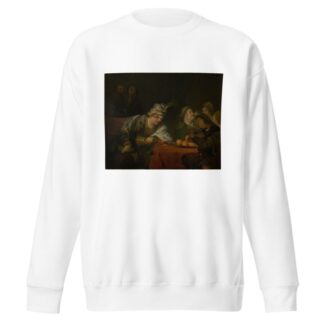
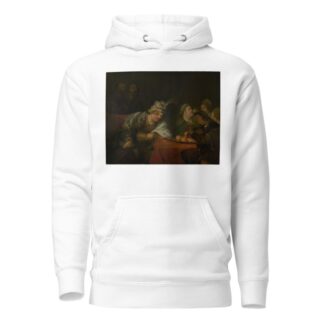
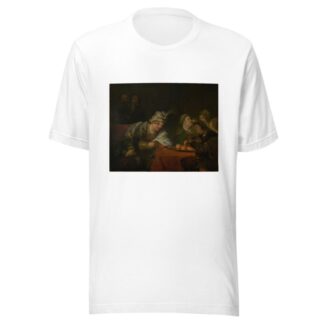
Reviews
There are no reviews yet.